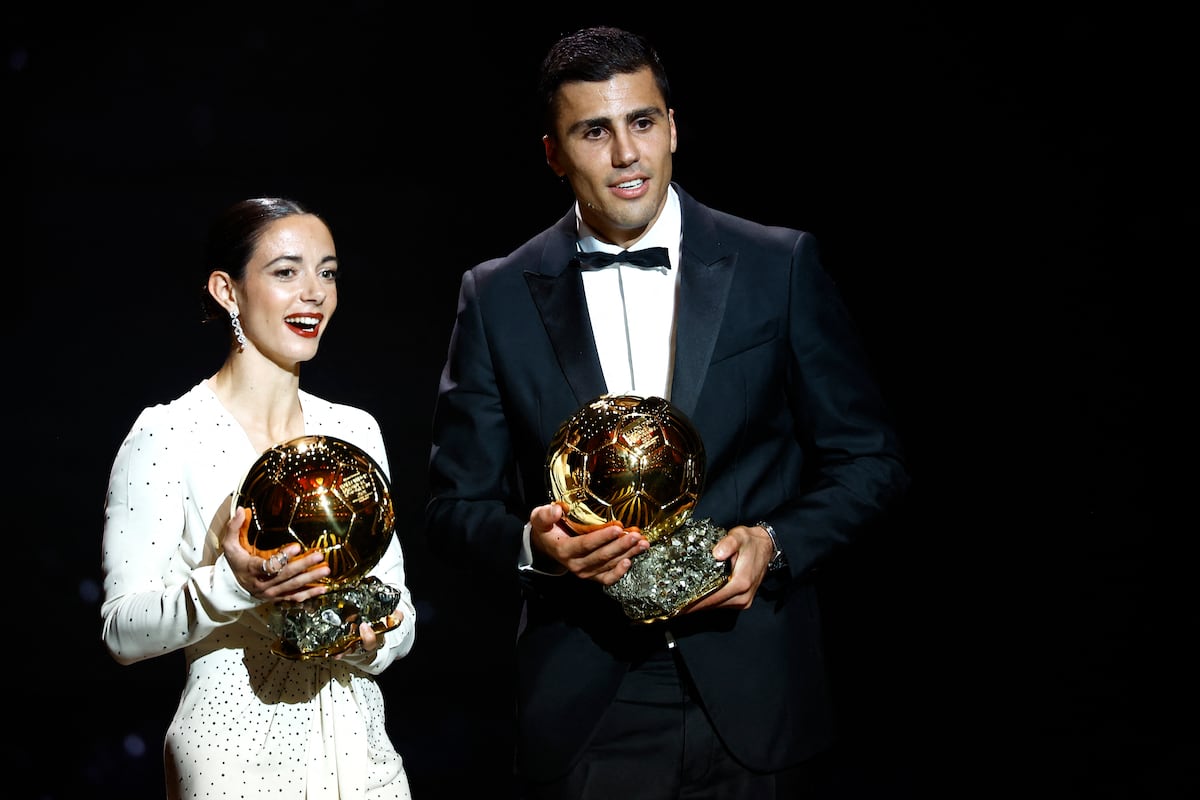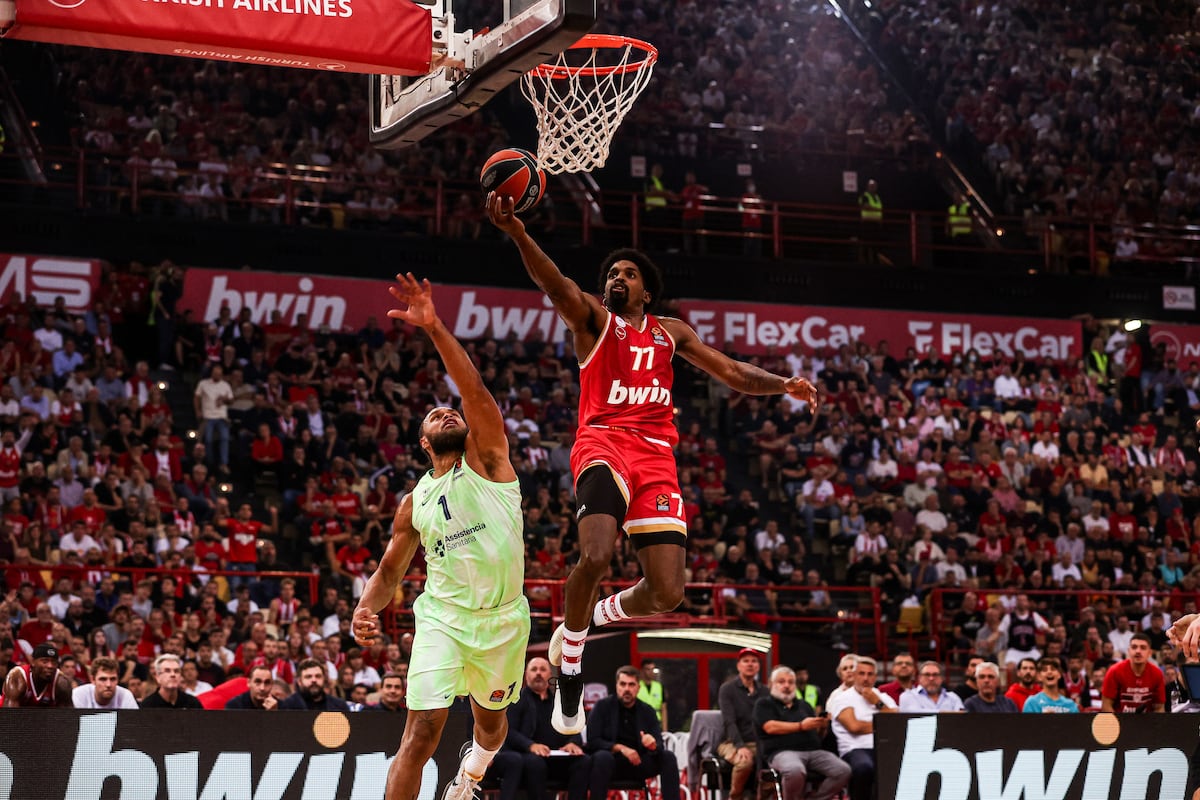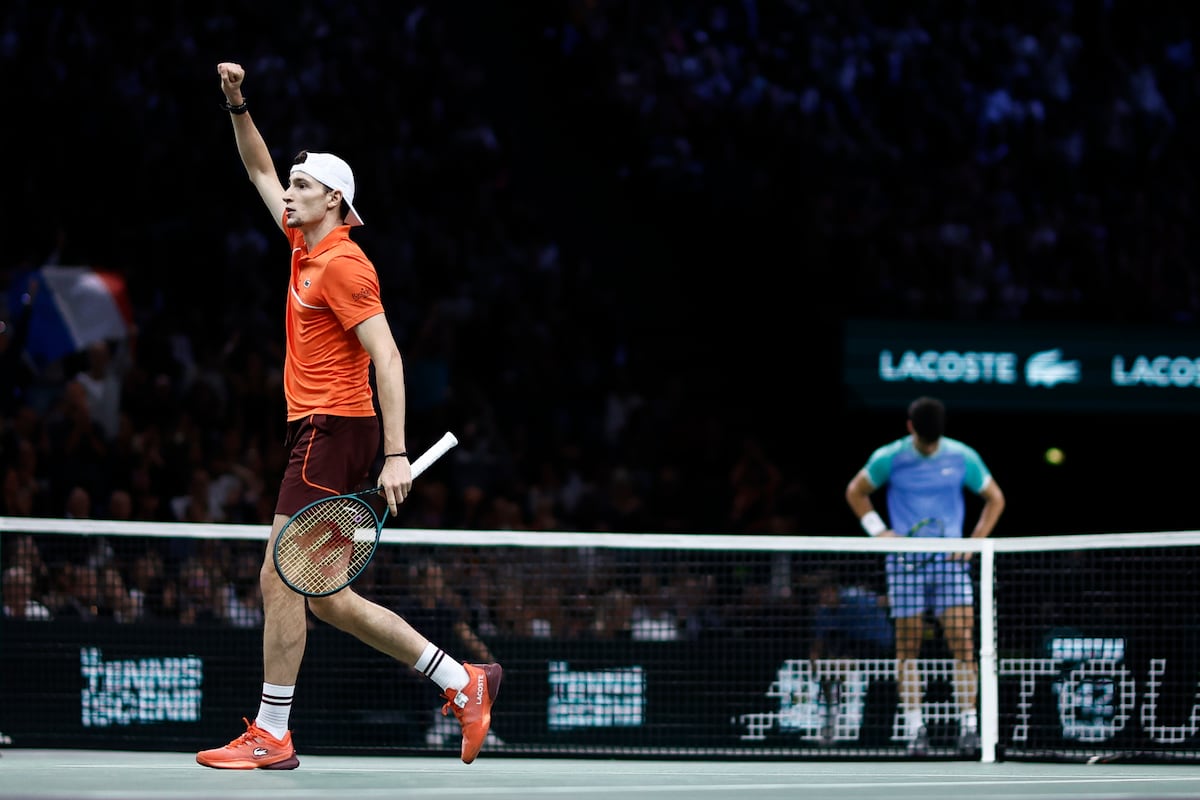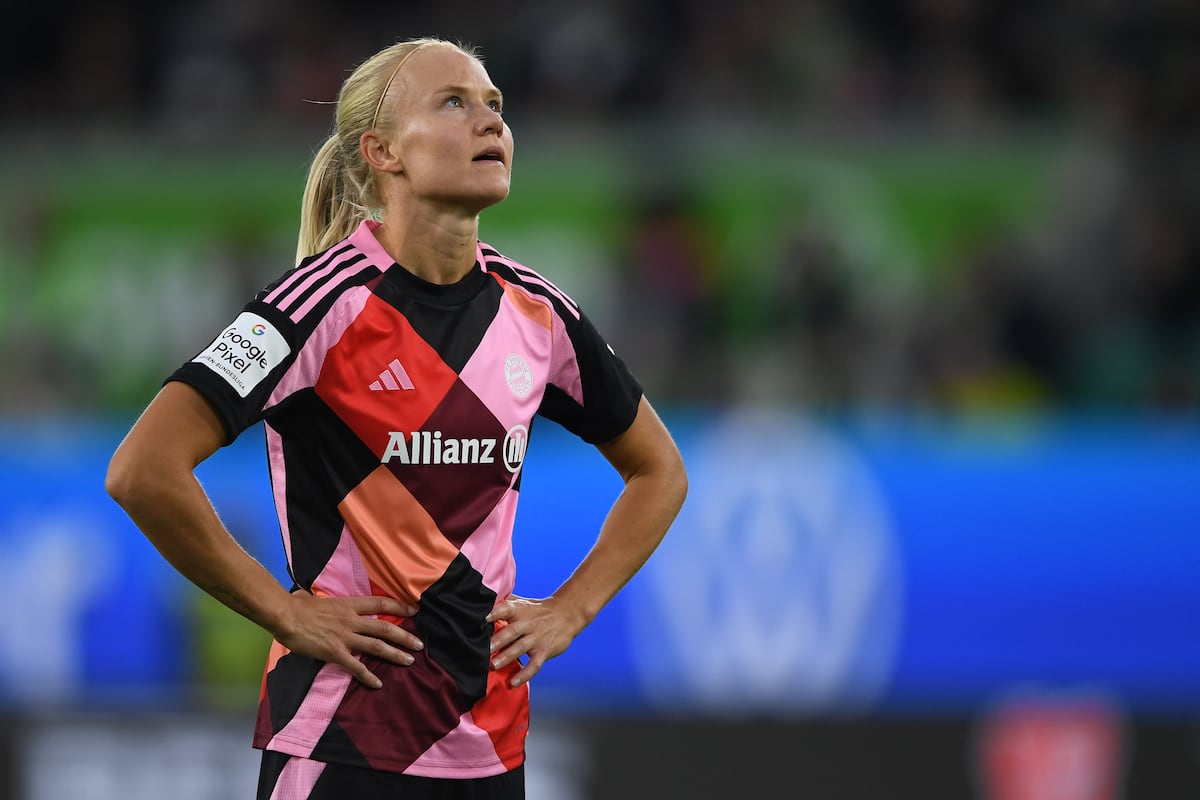Let’s get to the point: Aitana deserved to win the Ballon d’Or. Rodri, too. That Emma Hayes wins it is no surprise. Give it to Ancelotti, either. That the best clubs of the year have been the men’s Madrid and the women’s Barça is resolved with a walk through their showcases. It is as fair to say that Lamine has been the young man with the most impact as it is to recognize that Dibu Martínez knew how to be decisive once again.
It is no less true that if they had given it to Hansen we would have understood why and if Vinicius had taken it, his key role in a team that won the League and the Champions League would have been rewarded. There was little more Jonathan Giráldez could do, who won everything winnable, or Xabi Alonso in his Leverkusen, against whom only Atalanta could.
Only one Ballon d’Or is given and it is good that there is debate about who should win it. If there were two, three, or infinitely many, I would lose the value of leaving one winner happy and dozens of applicants disappointed. For years, we followers of women’s football—of whom there were fewer and more silent—were outraged at the doors of this award because it was a painful reminder of our sad reality: they were going to give it to one of the few names that voters were capable of. to recognize among a list of almost anonymous footballers. It sounded to them that a certain Mia Hamm, Birgit Prinz or Marta Vieira had done something outstanding with their team or selection. Maybe they had heard his name at the end of the news or, suddenly and in a very small way, they had read something about his triumphs in a newspaper. With luck, maybe they would even put a face to it, especially in World Cup or Olympic Games years. In the small universe of women’s football, country competitions have always been the best showcase. Often almost the only one. The leagues were not televised, the clubs barely reported on the day-to-day events.
It is difficult to vote on what you do not see, it is impossible to intervene on what you do not know and it is outrageous not to do so on what you know and hide. The ovation on Monday night in Paris went to Jennifer Hermoso, who I wish had never gone up to collect the Socrates prize but who we will eternally thank for having the courage to show her face to denounce even the last consequences. The rug lifted, the cards exposed. Any awareness will be little until this rancid and sexist system that has historically stifled women who wanted to be footballers is cleaned up.
Football is just football, but as a social engine, it is always more powerful when it addresses much more than just football. He has that opportunity, it’s a wonder he wants that responsibility. For years, soccer players have been recognized as spokespersons for an empowering movement that helps women from other less visible environments. They are brave and ambitious. Intelligent and competitive. Committed. They use their loudspeaker to push the rest. They lead them.
that he fair play —whatever it may be for each individual— is included among the criteria by which a candidate for the Ballon d’Or is judged, it is a luxury that we cannot minimize to reduce everything to goals or titles. If both can coexist, go ahead. It is important that whoever we put in the window is exemplary. Not perfect, but sportingly exemplary. We have an opportunity: (re)build a football in which, at the same time as dribbling or hairstyles are imitated, sporty, committed and polite behaviors are imitated. May the referents win. Let football win.







